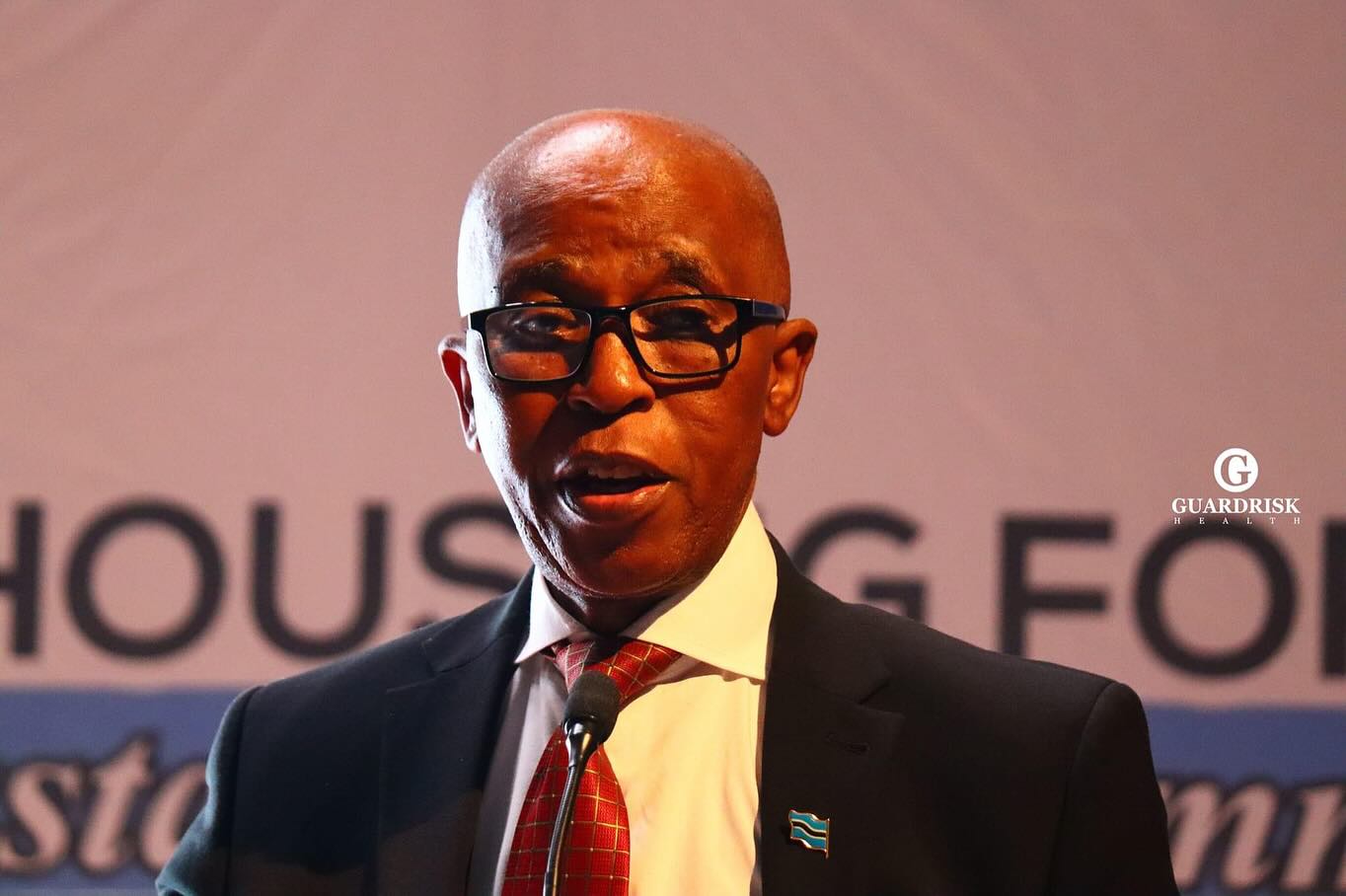The Botswana Housing Corporation (BHC) has recorded a 31% revenue increase to P358 million for the six months ending September 30, 2024. This growth was driven primarily by higher rental income and contract revenues. However, the Corporation’s profit after tax fell sharply, reflecting rising costs and impairments.
Revenue Performance
Rental income, one of BHC’s primary revenue streams, rose by P27 million to P196 million, marking a 16% year-on-year increase. This growth was bolstered by government rental subsidies. Contract revenues also contributed significantly to the overall revenue surge.
Profit Challenges
Despite robust revenue growth, BHC’s profit after tax dropped to P10 million, a steep decline from the P29 million recorded during the same period in 2023. According to the Corporation’s unaudited interim results, the profit decline was mainly due to a P19 million increase in impairment expenses on rental receivables, largely attributed to delayed payments from a major customer.
Improved Occupancy Rates
The vacancy rate for BHC properties improved, standing at 0.87% at the end of the review period, equivalent to 79 vacant units across the country. This is below the Corporation’s target of 1.5%, signaling enhanced occupancy levels.
Rising Costs and Operational Pressures
While revenue grew, rising costs tempered profitability.
• Employee Expenses: Increased by P6 million due to inflationary adjustments and reduced staff vacancies.
• Repairs and Maintenance: Soared by 150% to P55 million as deferred maintenance projects resumed.
• Other Operational Costs: Climbed to P45 million, up from P38 million in 2023, driven by inflation and higher administration and training expenses.
Housing Sales
Revenue from housing sales dropped from P8 million to P5 million year-on-year due to constrained stock availability. Nonetheless, the Corporation achieved P28 million in gains from the sale of 63 housing units, with a remarkable sales margin of 71%. This contrasts with 56 units sold in the prior year, which generated P13 million in gains at a 53% margin.
Older properties accounted for the majority of sales, yielding higher margins compared to new stock. Of the 63 units sold, 57 were older properties, highlighting their profitability during the period.
Capitalisation and Financing
Delays in initiating planned projects during the first half of the financial year impacted the rate of capitalisation of interest and development expenses. However, financing costs declined by 18% year-on-year due to increased capitalisation of borrowing costs for ongoing development projects.
Looking Ahead
Despite challenges, BHC’s revenue streams, including rental income, facilities management fees, and contract revenues, remain resilient. However, the Corporation’s report underscores the need to address operational inefficiencies and rising costs to ensure sustainable profitability.
With improved occupancy rates and promising margins from housing sales, BHC is well-positioned to strengthen its financial performance in the coming quarters while navigating operational challenges.












